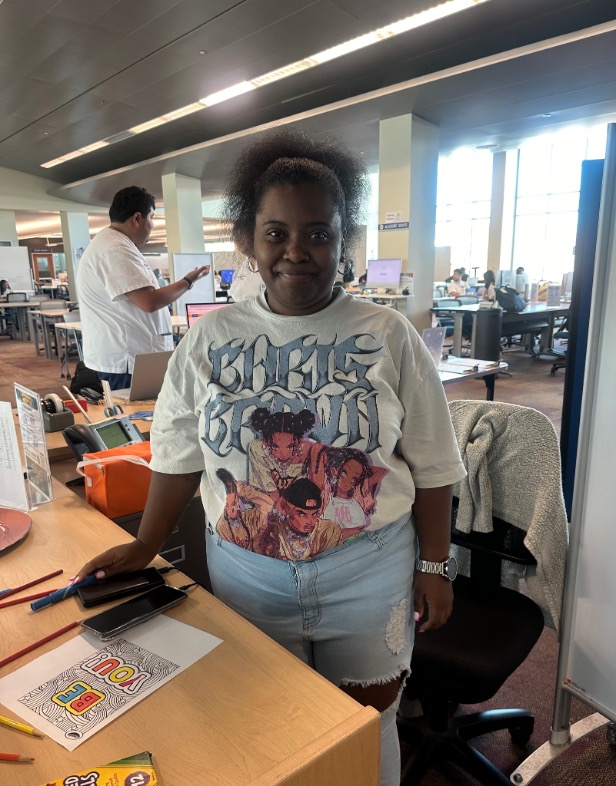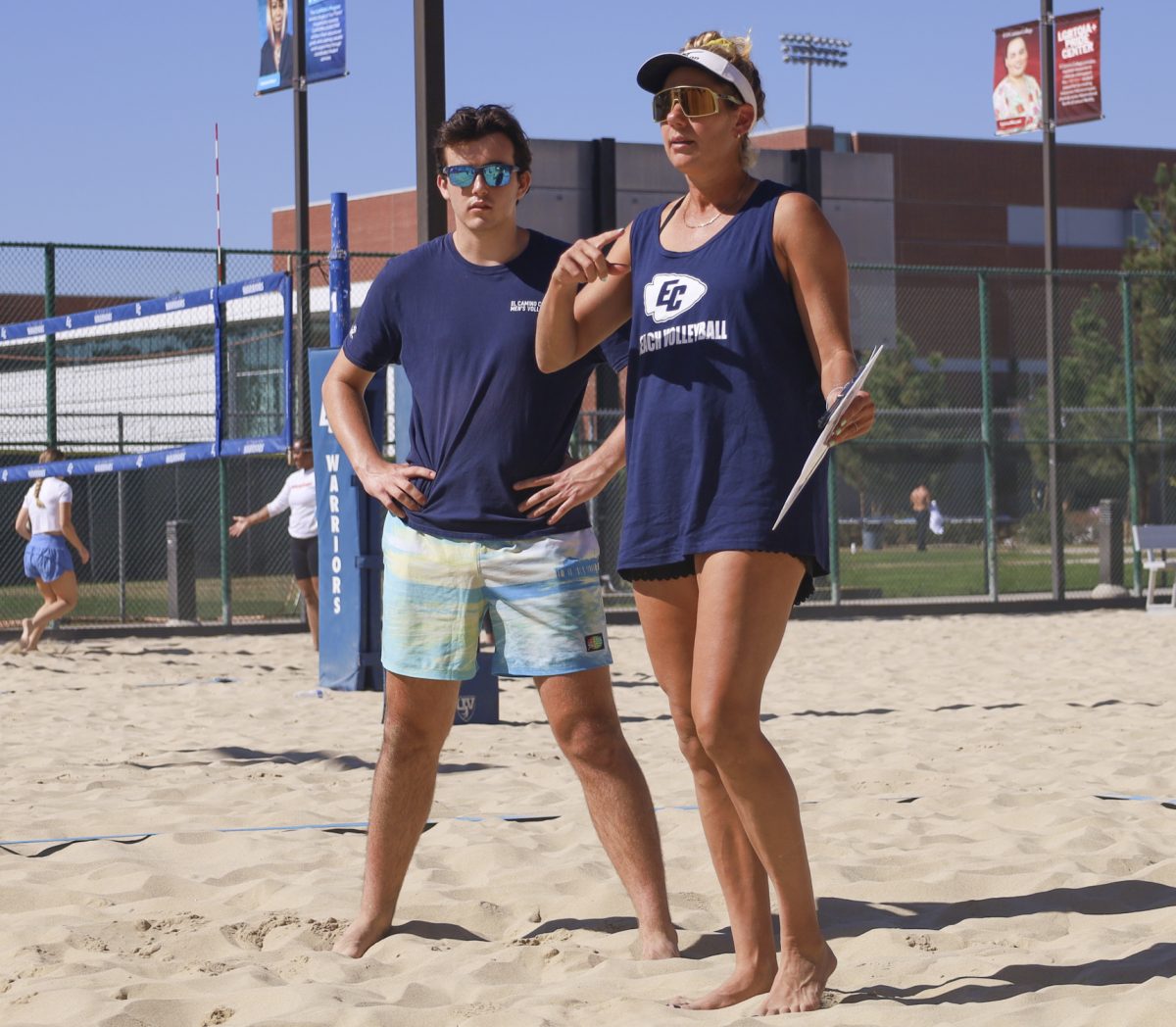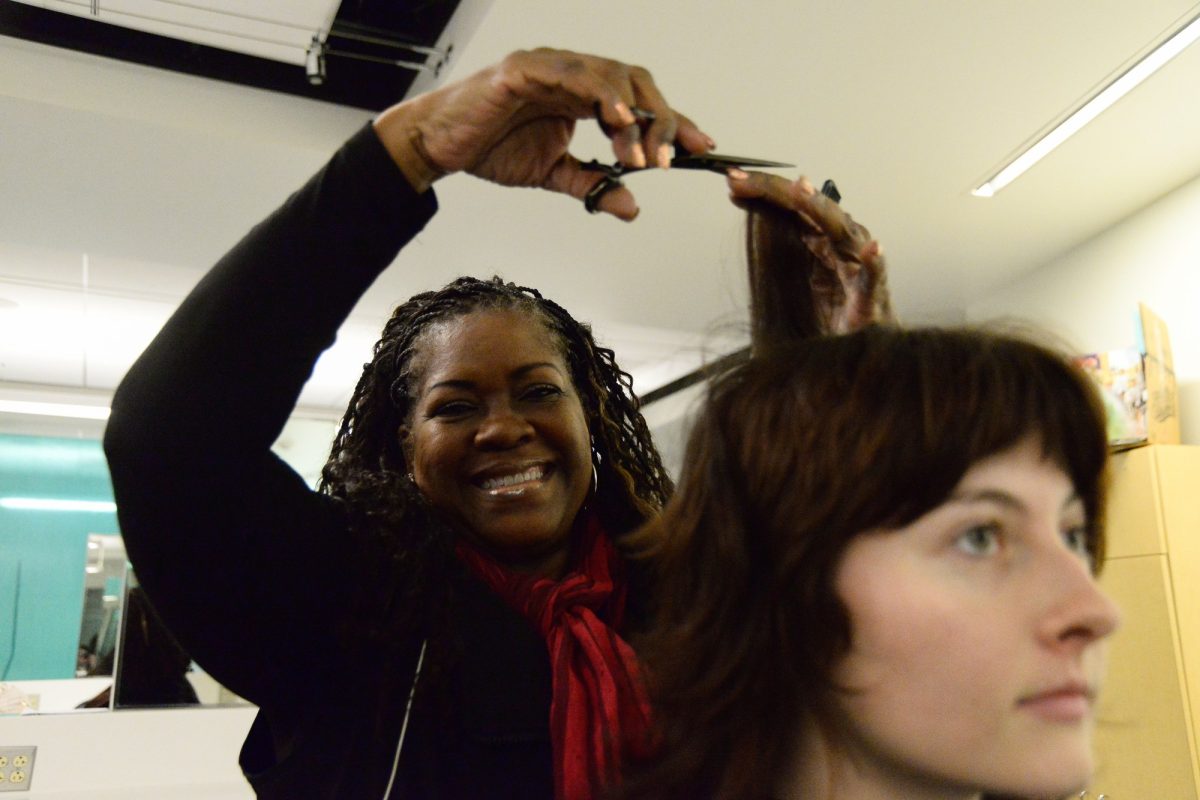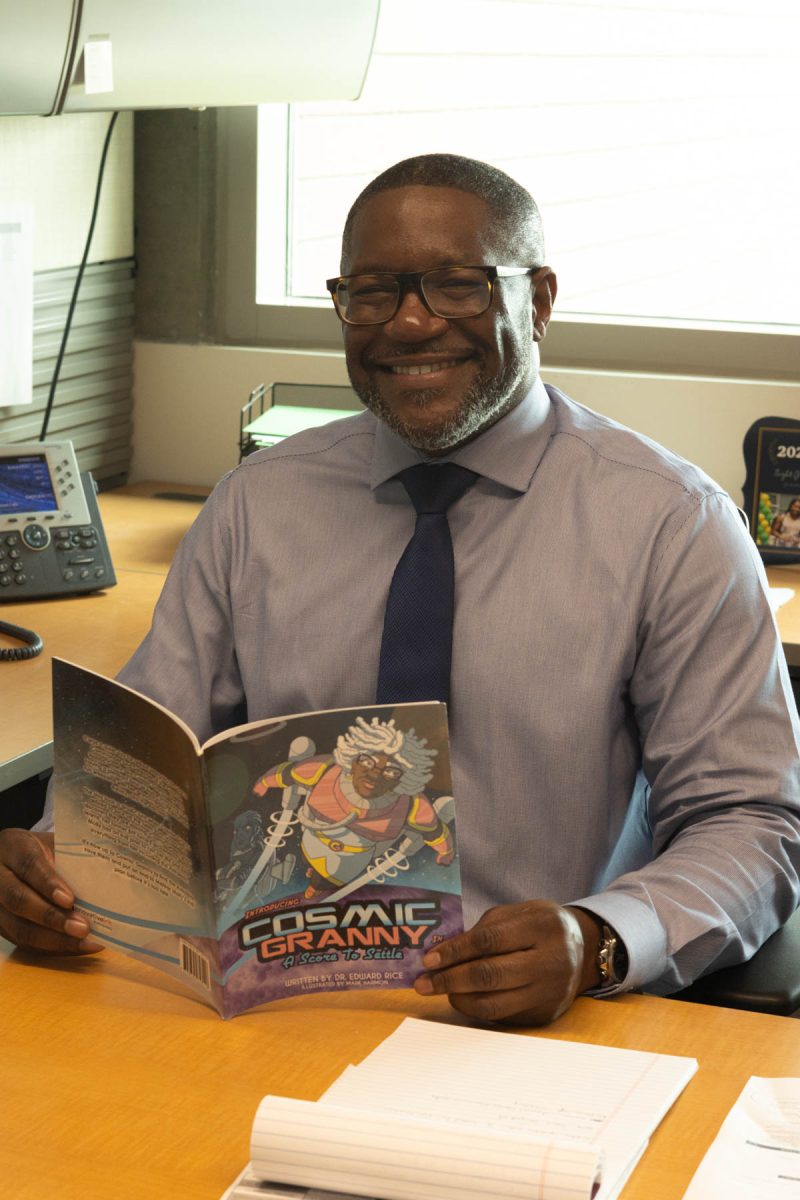Settling into adulthood in recent years appears to be taking longer for young adults than it did for generations before them, according studies in a magazine article published by the American Sociological Society.
“I think it’s tough for young people now and you can’t just blame them, because most of us want to make it easier for our kids, and making it easier isn’t always the best thing; it really isn’t,” director of student development Harold Tyler said.
A recent study using census data by the American Sociological Association concludes that although the young adults of today have good psychological, cognitive and social skills needed for adulthood, many aren’t financially independent and thus aren’t self-sufficient.
The study looks at how the public’s opinion of adulthood has changed over the last century, with society putting less emphasis on marriage and raising a family.
Instead, more emphasis is based on achieving a high level of education and being financially independent.
“For some people I think it’s a big awakening- they realize that they need to make decisions that they are accountable and have to live with,” Tyler said.
“The issue for them is that if they want to get something better, it means that they need to work and go back to school,” he said.
Researchers found that in the ’50s and ’60s, people believed it was important to get married and raise a family, 97 percent of people surveyed believe that getting an education is at least somewhat important to being considered an adult.
During that time, only 52 percent considered having a child to be important, while 55 percent considered marriage to be important part.
The study also looks at how government and economic policies have shifted, affecting the transition to adulthood.
Young adults after World War II enjoyed plenty of housing and college benefits; today, many rely on their parents for such support until they can find a career.
Census data shows the amount of students in college during the ’60s has more than doubled by 2000, with permanent and high-paying careers harder to find with more education needed for fewer jobs to hold.
“(Students) get frustrated very easily because there’s been nothing to try them over time,” Tyler said.
“School used to be the taskmaster that at least got them prepared for making an effort and getting an outcome that was earned, but instant gratification took a lot of that away,” he said.
Graduating college, living independently and finding a good career can be hard on students with financial difficulties, who need to work to support themselves and or family.
“Life happens; a lot of my friends have families who need their (financial) help and it’s understandable that they would take the time off school to help their family get on their feet,” Jason Tran, 20, sociology major, said.
There’s the misconception that students take a year or two off because they’re lazy or just don’t want to do anything with their life; while it’s true for some people, but for most people I know, they need more time to work to help their family,” he said.
The study concludes that because transitioning into a true adulthood for America’s youth is much harder than it was in the past, policy makers and politicians need to keep the trend in mind when conducting business.
Tyler said that it is important for students to find a path that works best for them.
“You’re trying to get to that self- esteem, feeling good about what I’m doing, who I am and what I’m contributing, because eventually you want to make a difference… and education is what it’s all about,” he said.








